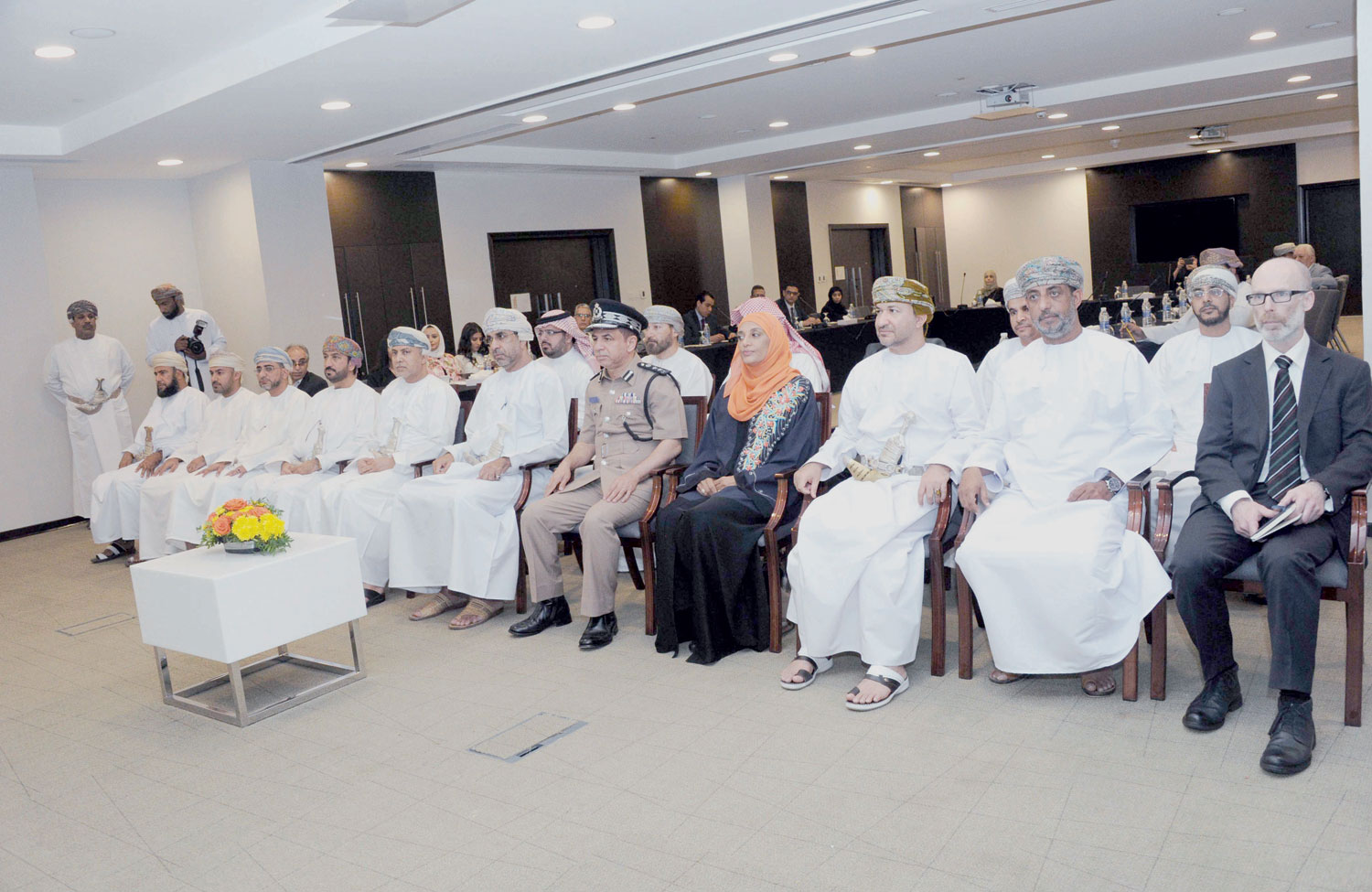

MUSCAT, March 11 - The Sultanate is ranked among the top countries in fight against illegal, unreported and unregulated (IUU) fishing, and is also classified as Category 5, which represents the high level of application of small-scale measures to access fisheries resources and markets, according to the results of FAO’s 2018 assessment for member states’ implementation of the Code of Good Conduct. This was revealed at the opening of the regional workshop on “Fisheries Support” on Monday at Holiday Inn Hotel, held under the auspices of Dr Hamed bin Said al Oufi, Under-Secretary of the Ministry of Agriculture and Fisheries.
Dr Mohammed bin Sulaiman al Siyabi, Director for Fisheries Studies, said that the Sultanate is one of the countries active in negotiations as the WTO uses its help as a facilitator to bring together the positions and views among the member states on a number of inter-related issues such as special treatment, transparency, notifications and dispute settlement procedures. “The value of world exports of fish and related products has increased dramatically in recent decades. The fisheries sector is one of the most important sectors in the world to provide food and job opportunities. Fish cover about 25 per cent of the world’s protein needs, and there are more than 200 million people worldwide working directly or indirectly in the sector,” he added.
Regarding the Sultanate, Al Siyabi said: “The fisheries sector is among the five target sectors of the Sultanate’s Ninth Five-Year Plan as part of the government’s drive to diversify sources of income. The ministry seeks to raise the contribution of fisheries sector to GDP to RO 730 million by 2023. This is in recognition of the tremendous potential to enhance the contribution of this vital sector in providing job opportunities for Omanis and utilising natural resources of the Sultanate.
“Many countries attach great importance to providing some kind of support and facilities in achieving their future vision for the fisheries sector and preserving their right to develop this vital sector, said Al Siyabi, and added that one of the goals of the United Nations Plan for Sustainable Development 2030 is Goal 14, which concerns conservation of oceans, seas and marine resources. It aims at reducing negative impacts on marine resources by removing some forms of support provided to the sector and reaching a multilateral agreement in this regard to regulate support.”
The workshop, which concluded tomorrow, is organised by the World Trade Organization (WTO) in cooperation with the Ministry of Agriculture and Fisheries and the Ministry of Commerce and Industry. It is attended by representatives from the WTO as well as participants from the GCC, Egypt, Morocco and Tunisia. It aims to highlight the most important developments in the current negotiations, enhance the participants’ understanding of the negotiating texts and their obligations to WTO, as well as to enhance Arab participation in the negotiations to ensure their interests in this vital sector.
Oman Observer is now on the WhatsApp channel. Click here



